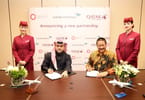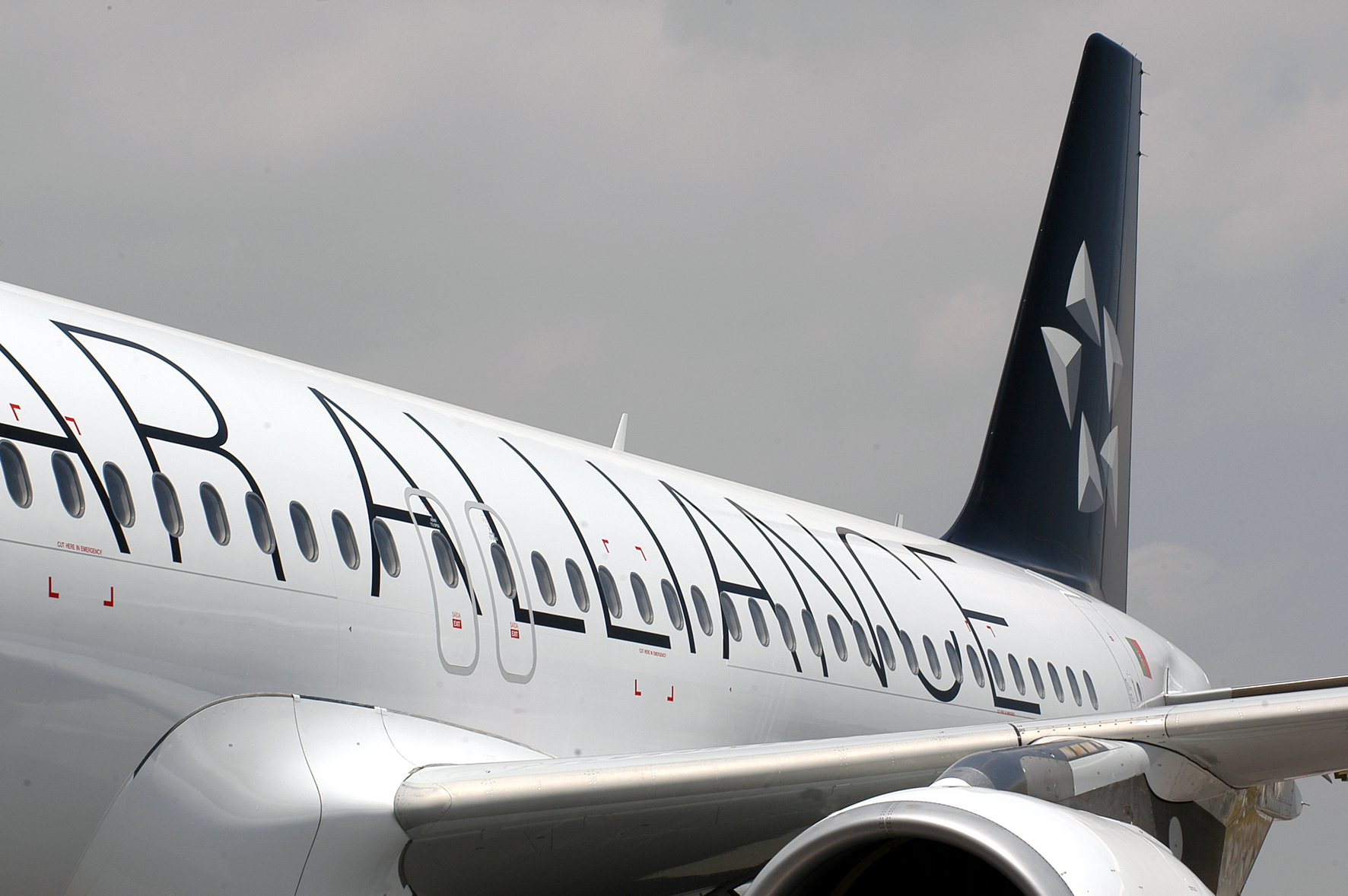WASHINGTON – The U.S. Federal Aviation Administration, trying to shake criticism it has been too close to the industry it regulates, will drop its practice of calling airlines its customers and will beef up safety practices.
“When we say customer, we mean the flying public,” FAA Administrator Randy Babbitt said in announcing policy changes aimed at strengthening safety oversight and streamlining avenues for whistleblowers and others to report problems without fear of reprisal or other pressure to remain quiet. Some members of Congress, safety watchdogs, and whistleblowers have long complained of a revolving-door culture that fostered coziness between the FAA and major U.S. airlines. The issue erupted publicly last year when a whistleblower case over maintenance lapses at Southwest Airlines Co led to a congressional investigation and harsh criticism of FAA oversight. The agency fined Southwest $10 million for flying planes that had missed required safety inspections but later reduced the penalty by 25 percent.
Babbitt said the FAA would create an office to handle safety complaints from whistleblowers and the public. It is also improving procedures to ensure airlines comply fully with the hundreds of FAA directives issued each year, mainly on matters that require precise recordkeeping and a maintenance response.
Babbitt said he saw no signs the FAA was too close to airlines but noted the agency has a good working relationship with the industry, which he said benefits safety. “We often turn to these people (airlines) to find solutions,” Babbitt, a former airline pilot, said. “Just because you know their first names doesn’t mean you’re cozy.” Although there was a notable airline accident and a fatal collision between a tourist helicopter and a small plane this year, the industry that operates more than 30,000 commercial flights per day and flies more than 600 million passengers per year is safe, Babbitt said.
Babbitt said the airlines know the rules and promised that FAA would not hesitate to crack down on violators and ground planes if necessary.
WHAT TO TAKE AWAY FROM THIS ARTICLE:
- Babbitt said he saw no signs the FAA was too close to airlines but noted the agency has a good working relationship with the industry, which he said benefits safety.
- Although there was a notable airline accident and a fatal collision between a tourist helicopter and a small plane this year, the industry that operates more than 30,000 commercial flights per day and flies more than 600 million passengers per year is safe, Babbitt said.
- The issue erupted publicly last year when a whistleblower case over maintenance lapses at Southwest Airlines Co led to a congressional investigation and harsh criticism of FAA oversight.






















